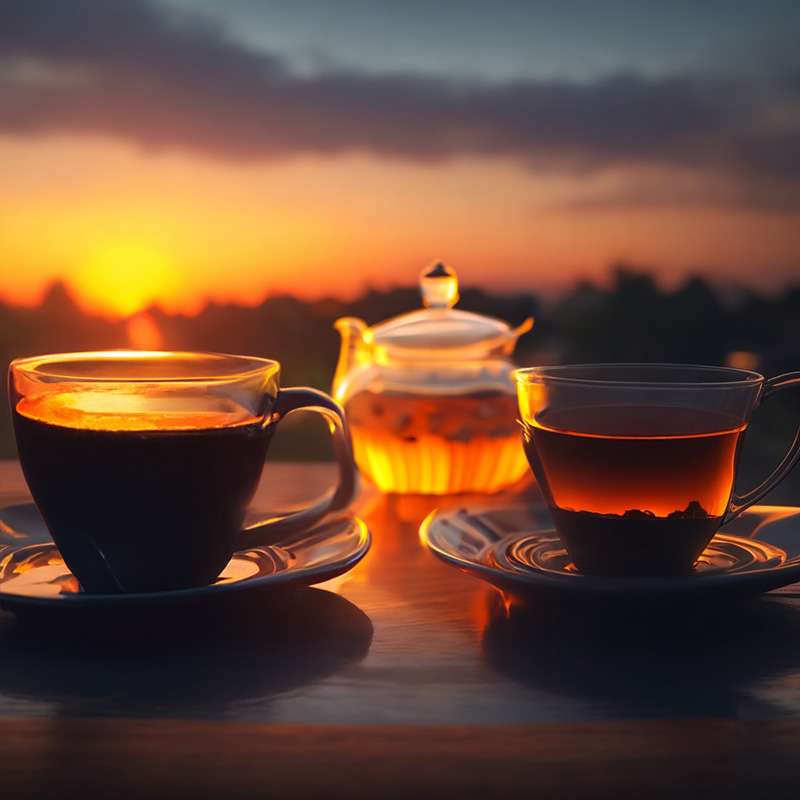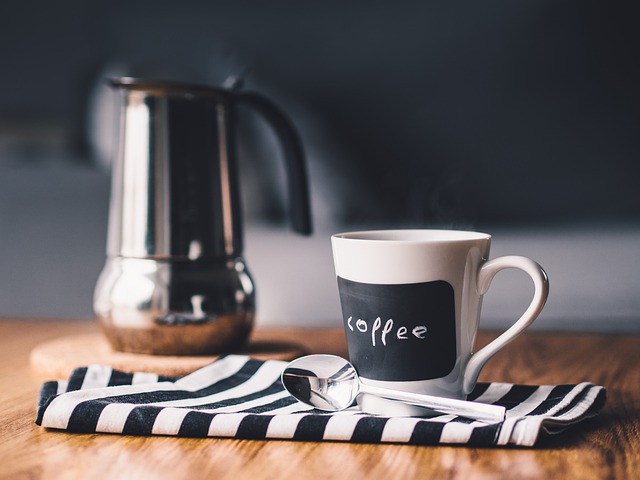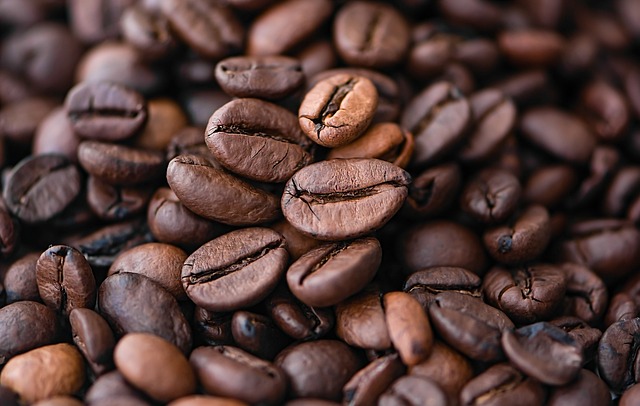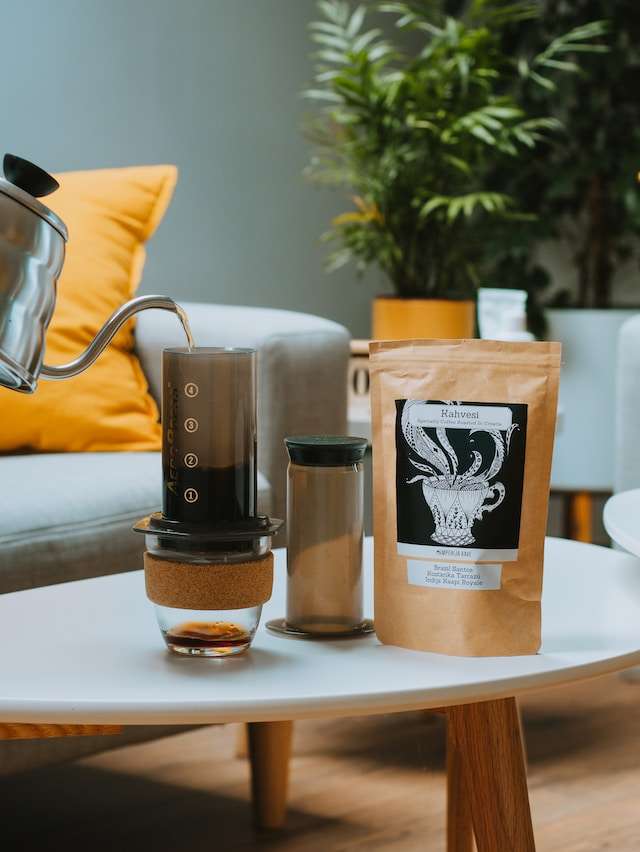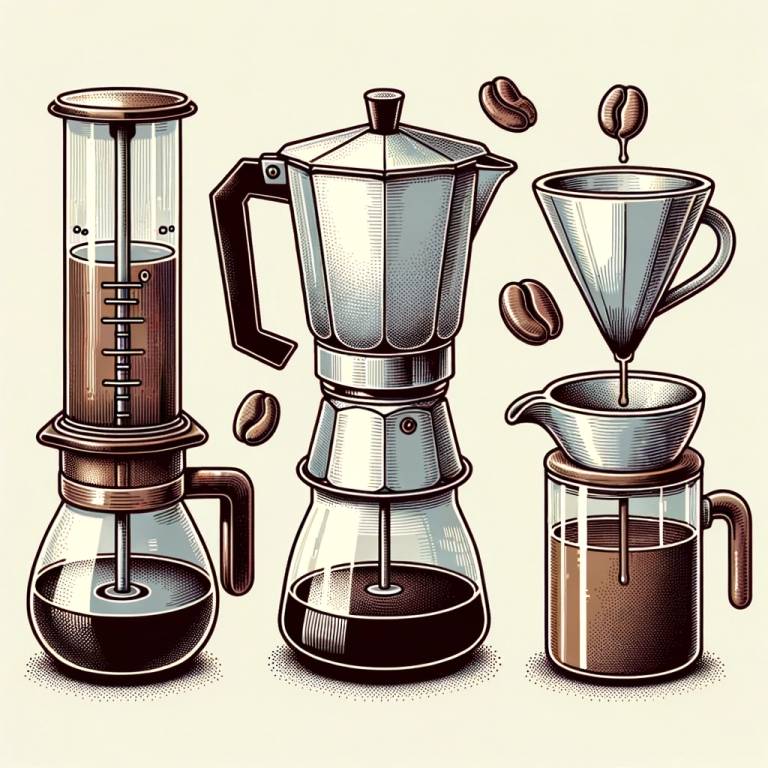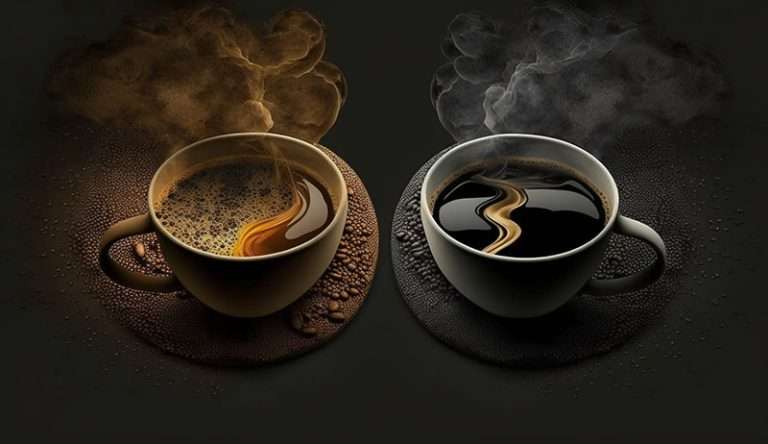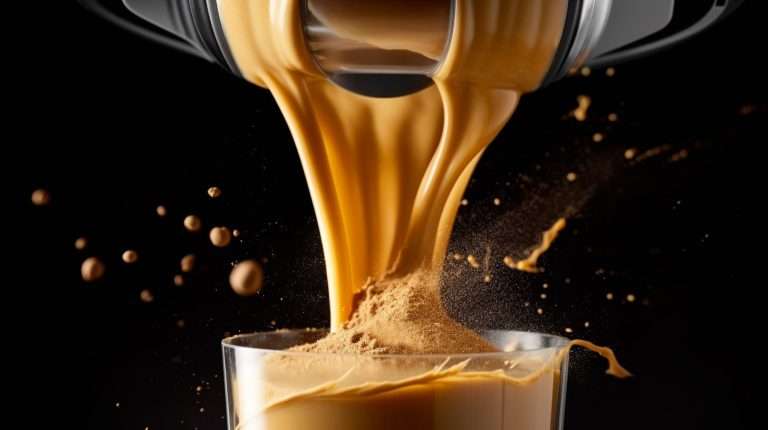Why Coffee is Better than Tea
Ever been caught in a caffeine duel between coffee and tea? While both offer an array of benefits, coffee lovers have a strong case for why their brew tops the chart. Let’s explore the reasons why coffee surpasses tea, backed by science, culture, and taste.
Coffee: A Rich Journey from Seed to Cup
The intricate process of how coffee is made significantly contributes to its superiority over tea. Unlike tea, which generally undergoes a less complex production method, coffee’s journey from seed to cup involves a number of stages that impart unique flavors and aromas. From the picking of the cherries, to the drying and roasting stages, each step adds a new depth to coffee that tea often lacks.
Coffee is more than a beverage, it is a sensorial experience: the fragrance of the beans, the sound of the brewing, the texture and temperature in your cup. All these factors make coffee a complete sensory delight.
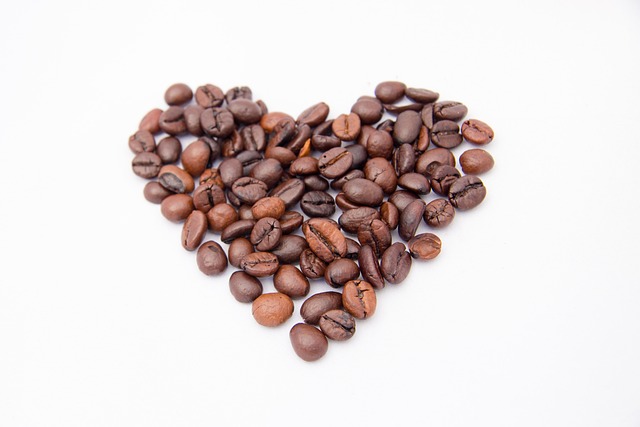
Coffee and Health: A Cup Full of Surprises
We’ve all heard about the energizing effect of a cup of coffee, but did you know that it’s also packed with health benefits? Regular coffee consumption has been linked to a lower risk of developing diseases such as type 2 diabetes, Parkinson’s, and liver disease.
One might argue that tea, too, has its share of health benefits. However, coffee is an undeniably rich source of antioxidants – even more than many fruits and vegetables! Plus, if you’re aiming for weight loss, black coffee can be your best ally. Learn how to make black coffee for weight loss to maximize its benefits while keeping calorie intake to a minimum.
Not forgetting those who prefer their coffee decaffeinated, the benefits of drinking decaf coffee are as remarkable as its caffeinated counterpart. For those sensitive to caffeine or simply prefer a late-night cup, decaf ensures you get to enjoy the benefits without the potential drawbacks.
Moreover, when it comes to caffeine content, coffee has a clear edge over tea. A single espresso shot contains around 63mg of caffeine, compared to around 48mg in a standard cup of black tea, allowing you to stay focused and alert for longer.
Contrary to popular belief, coffee isn’t just about caffeine – it’s about the complex interplay of compounds that contribute to its flavor, aroma, and health benefits.
Interestingly, coffee also plays a key role in your brain health. Have you ever wondered about the relationship between coffee and your brain? Coffee stimulates the release of dopamine, the ‘feel-good’ neurotransmitter, making it a natural mood enhancer. Studies also suggest that coffee drinkers may have a lower risk of Alzheimer’s and dementia.
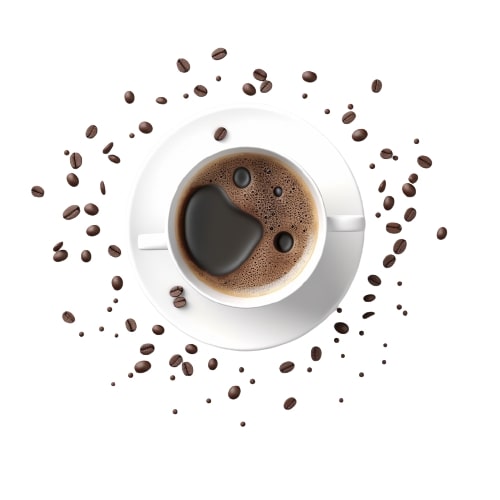
The Coffee Culture: More Than Just A Beverage
Coffee culture worldwide is more diverse and deep-rooted than that of tea. With its universal appeal and wide range of brewing methods, coffee has shaped and continues to influence lifestyle trends and social habits.
In Italy, for example, espresso is more than just a shot of caffeine – it’s a cherished daily ritual. Similarly, the art of preparing Turkish coffee is considered an intangible cultural heritage by UNESCO. From the precise difference between AeroPress and French Press to the aesthetics of white coffee mugs, the versatility of coffee is truly unmatched.
From cafes to kitchen counters and office break rooms, coffee is synonymous with conversation, creativity, and comfort. It’s the social glue that bonds people, transcending boundaries.
Fitting Coffee into Your Lifestyle
Whether you’re a gym enthusiast, a busy professional, or someone practicing intermittent fasting, there’s a place for coffee in your life. Many people swear by the pros and cons of drinking coffee before a workout, claiming it improves performance and focus. On the other hand, a hot cup of coffee can be a calming ritual to start the day, setting the tone for the hours to come.
Coffee also plays well with various dietary habits. Ever wondered, does espresso break a fast? The good news is, it doesn’t! If you’re on an intermittent fasting schedule, an espresso shot can provide the energy boost without adding to your calorie intake.
In every lifestyle, there is a place for coffee. It’s not just a beverage, but a part of our day that we look forward to and rely on.
For those who need a quick nap and a caffeine boost, a ‘coffee nap’ could be the answer. The concept might sound counterintuitive, but scientific evidence suggests a coffee nap really works! By strategically timing your caffeine intake and nap, you can wake up feeling refreshed and alert.
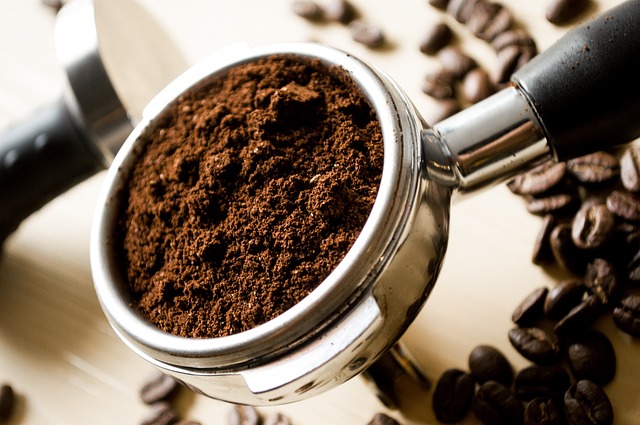
Coffee’s Nutritional Aspect
Coffee is much more than just water filtered through ground beans. It is surprisingly nutritious, containing essential nutrients like vitamin B2, vitamin B5, manganese, and potassium. Plus, black coffee has virtually no calories.
However, the caloric content can increase depending on what you add to your coffee. Curious about how many calories are in coffee with different add-ins? Our comprehensive guide can help you make an informed choice.
With these factors in mind, it’s clear why coffee has an edge over tea. It offers rich, complex flavors, health benefits, and fits effortlessly into various lifestyles. But, there’s more to this delightful beverage than meets the eye.
Coffee vs. Tea: The Taste Debate
When it comes to taste, coffee’s profile is unrivaled. The depth and richness of coffee flavors far surpass those found in tea. Coffee profiles range from fruity and floral to nutty and chocolatey, offering a captivating and varied sensory experience. Depending on its origin, processing method, and brewing technique, each cup of coffee can be a unique encounter.
Tea may have its range of flavors, but coffee’s complexity is unparalleled. It’s like a symphony, with each note and chord contributing to a beautiful, harmonious whole.
Innovations in Coffee Brewing
Coffee’s versatility in brewing methods also gives it an upper hand. From classic espresso and French press to modern innovations like AeroPress and cold brew, each method extracts different flavors and characteristics from the beans. Comparatively, tea brewing is a far simpler affair, offering fewer variations and nuances.
Moreover, coffee’s adaptability makes it an artist’s canvas for creativity. The rise of coffee art, specialty lattes, and innovative coffee-based beverages all speak volumes about coffee’s place in modern culture and the culinary world.
The Environmental Perspective
Coffee also contributes positively to the environment. Most coffee grounds are rich in nutrients and can be composted, providing an eco-friendly way to enrich the soil. This aligns well with the current trend towards sustainable and environmentally conscious living.
Coffee grounds can give a second life to your plants and garden. It’s just another reason to feel good about drinking your daily cup!
The Psychological Connection
Finally, let’s not forget the psychological connection we share with coffee. It’s often associated with comfort, warmth, and home. It’s the familiar scent that stirs us awake in the morning, the anticipated break in a busy day, and the gentle pick-me-up when we need a boost.
In contrast, tea often carries a more formal, ceremonial connotation, making it less approachable for daily, casual consumption.
Coffee is comfort in a cup. It’s there for us in our daily routines, our highs and lows, our solitude, and our socializing.
Wrapping Up
To sum it all up, the choice between coffee and tea ultimately boils down to personal preference. However, when we consider the rich, diverse flavors, the intricate brewing methods, the health benefits, and the cultural and emotional connection we have with coffee, it’s easy to see why coffee has a special place in our hearts and mugs.
The wide range of topics we’ve explored on our blog, from the pros and cons of drinking coffee before a workout to the difference between AeroPress and French Press, further underscores coffee’s complexity and versatility.
With each sip, we’re not just drinking a beverage – we’re partaking in a tradition that spans centuries, transcends cultures, and brings people together. So here’s to coffee – the superior brew that does more than just quench our thirst for caffeine!

